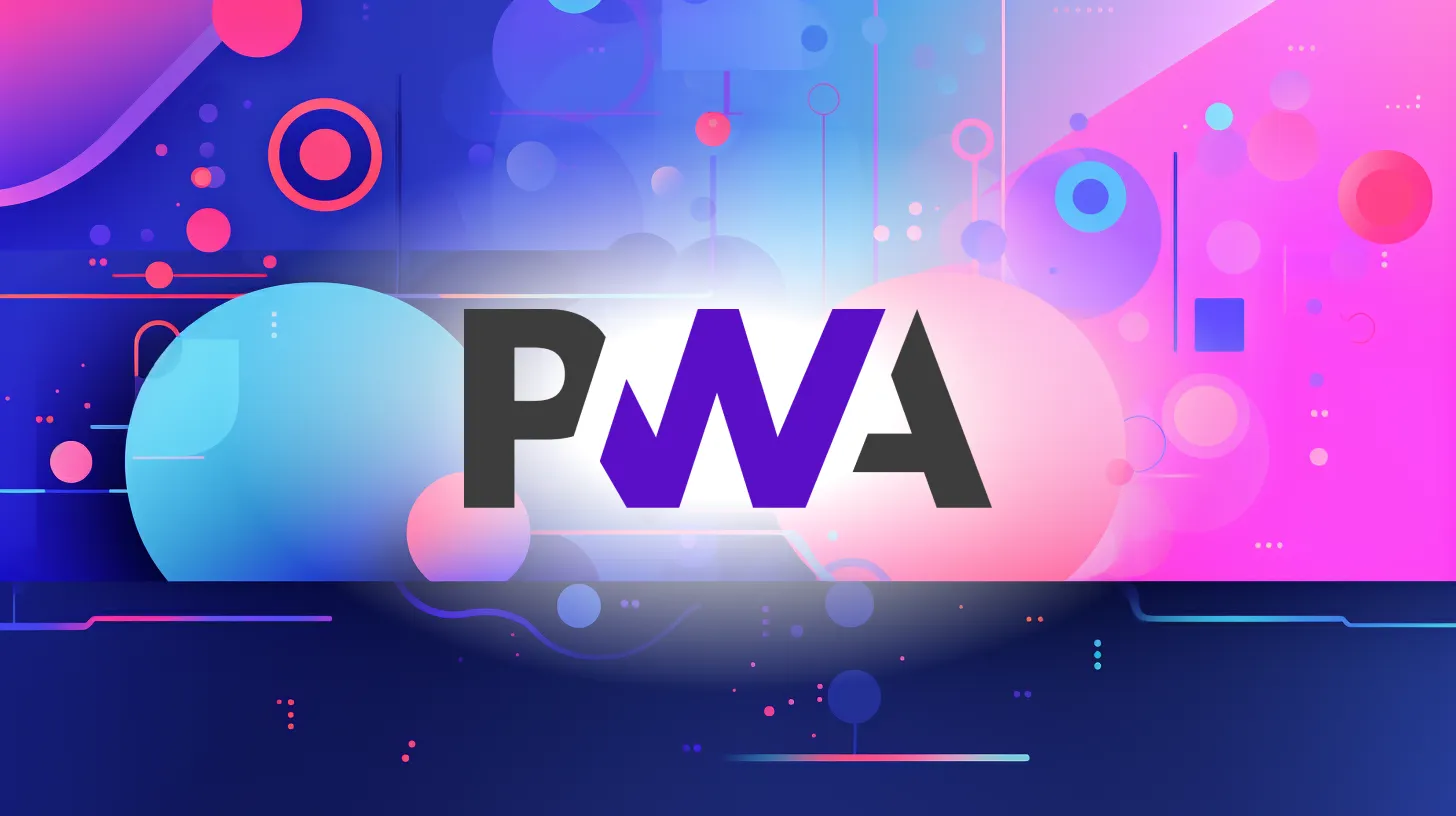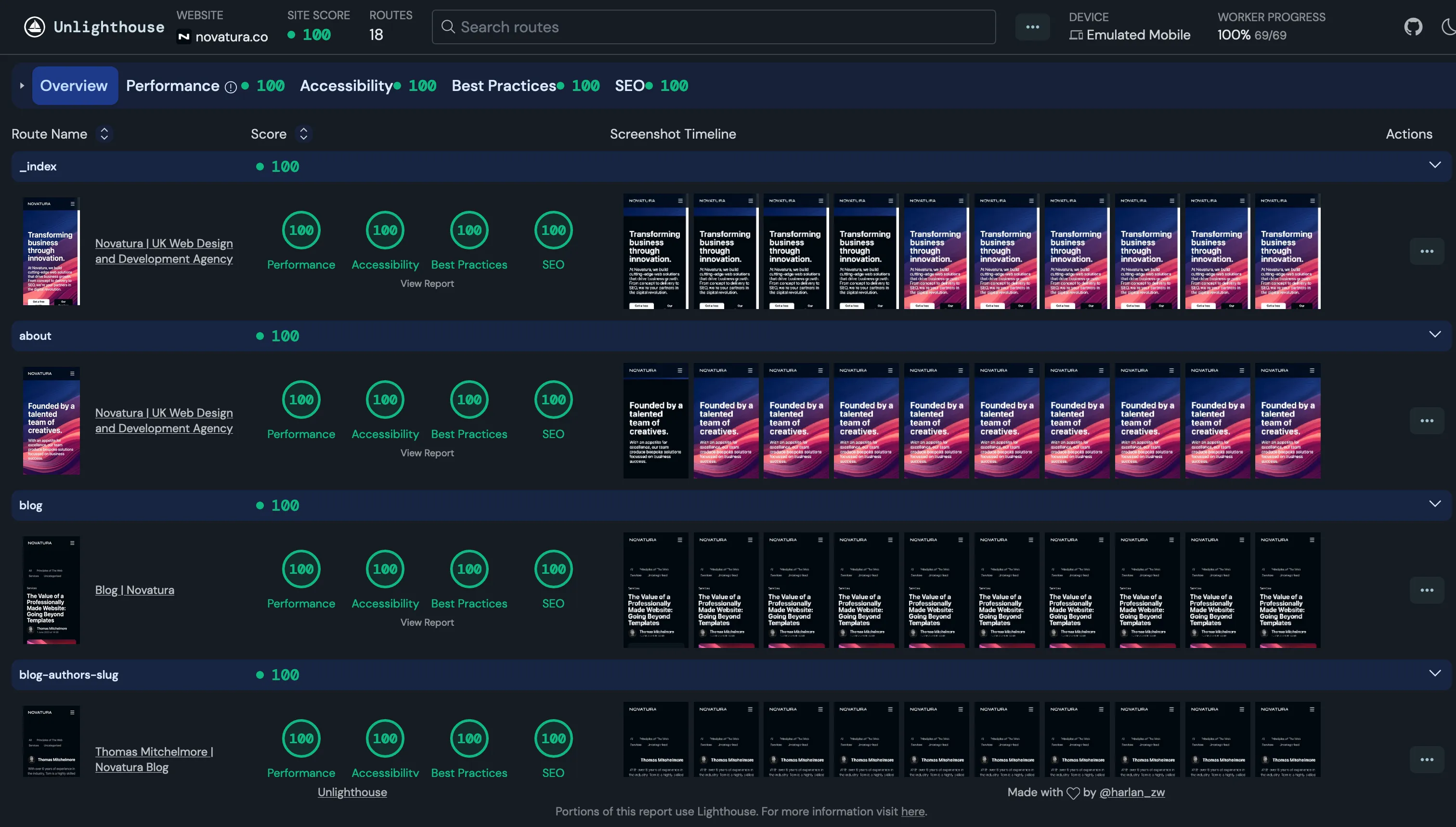The web is evolving, long gone are the days of developing separate apps for web, iOS and Android. Progressive Web Applications (PWAs), a recent frontier in web development, have emerged as a game-changer for providing immersive and native-feeling user experiences- while really just being fancy websites with app-like features! In this blog post, we’ll explore what we mean by a PWA, the benefits of adopting the technology, and look at a handful of PWA success stories from some big brands.
What is a PWA?
PWAs are a type of modern website, which uses state-of-the-art technologies (like offline service workers), to offer fast, reliable, smooth and secure web experiences, while looking and feeling like a native app! That means they have all the functionality of apps with the added benefit of attracting more users, driving engagement across all platforms and improving conversion rates.
The term “Progressive Web App” was coined in 2015 by Chrome developer Alex Russel and designer Frances Berriman. Some of the biggest players in tech, like Google and Microsoft, have been actively promoting Progressive Web Apps as a way to bridge the gap between web and native applications. So, why are they so great? What’s wrong with developing a website and an app separately?
Best of Both Worlds: Web and Mobile
Web and native applications have always been two very different worlds, being especially difficult to make work together due to having a whole host of unique issues and technologies. Developing for both is also expensive and time-consuming. PWAs make a great proposition: combine the strengths of both into a unified solution. Rather than invest in separate development, create a seamless and consistent user experience across all supporting devices.
Seamless User Experience Across Devices
PWAs can reach a wider audience than websites and apps alone, and maximise their engagements. Users can access PWAs directly through their web browsers, eliminating the need for app store downloads and installations. The small size of PWAs also means their download is minimal and super fast. This ease of access increases discoverability and removes barriers to entry, making it easier for users to engage with the brand. A smooth transition between web and app mode also creates consistent user experiences a feel as comfortable as a native app.
Push Notifications and Increased Engagement
By leveraging technology like offline service workers, this allows users to access content offline, granting game-changing functionality. This ensures users can continue to interact with the PWA and access information regardless of their network connectivity. Unlike a normal website, PWAs can also interface with push-notifications, opening several doors for app features previously limited to native apps. A particularly useful advantage is the ability re-engage users through personalised messaging and updates, which has huge benefits for customer retention and engagement.
Easily Discoverable
Native apps have a lot of challenges when it comes to discoverability. But unlike a standard app, PWAs can be indexed by search engines, making them more visible in search results. This discoverability boost opens the doors for businesses to attract a whole host of new users through organic search results, no longer relying solely on app store ranking or marketing campaigns.
Low-cost Development and Maintenance
From a development and maintenance perspective, PWAs offer significant advantages. By building a single codebase for multiple platforms, businesses can reduce development time and cost while ensuring consistency across different devices and operating systems. Updates and bug fixes can be deployed seamlessly, eliminating the need for users to download and install updates manually.
Progressive Success Stories
Since the technology became mainstream, thousands of brands have adopted PWAs, all with their own use-cases and success stories. From those I’ve picked 3 that really resonated with us to keep this blog post short and sweet.
1. Starbucks
Check out this PWA built by Formidable for Starbucks. The goal was to provide a faster loading, accessible, and search engine optimised version of the Store Locator. Deciding to go for a PWA, this enabled the app to work offline where able, improving performance and being highly accessible to customers on their commutes, who regularly go in and out of internet connectivity. Starbucks’ PWA is able to browse menus and add drinks to a basket while offline. Once online, the customer can view more accurate pricing and place their orders. The groundbreaking detail of this success story was not only that it doubled the number of web users placing orders, but that the PWA was 99.84% smaller than Starbucks’ existing iOS app.
2. Uber
Uber is another great example of a successful move towards PWAs. In its attempt to break into new markets, Uber needed a solution that could be utilised in areas of the world with poor internet connections on low-end devices, utilising 3G or 2G mobile data networks. Their PWA was incredibly versatile, making the software hugely accessible and accommodating to consumers. The size of the app was also greatly reduced, improving download speeds too.
3. BMW
Utilising the power of Accelerated Mobile Pages (AMPs) and PWAs, BMW managed to increase their click-through-rate to sales sites from 8% to 30%! Not only that, their mobile site generates 50% more traffic thanks to a huge performance boost and search engine optimisation. The immersive experience and push notification capabilities of PWAs drove up customer engagements, highlighting the incredible benefits.
Conclusion
In summary, PWAs represent a paradigm shift in web development, providing businesses with a powerful tool to deliver exceptional user experiences across web and mobile platforms. By embracing PWAs, companies can harness the strengths of web and app development, drive user engagement, increase conversions, and stay ahead of the game in the evolving digital landscape.
Looking for a competitive edge? Novatura specialises in web and app solutions of any sort (including PWAs), for businesses just like yours. Contact us today to discover how we can help you.


